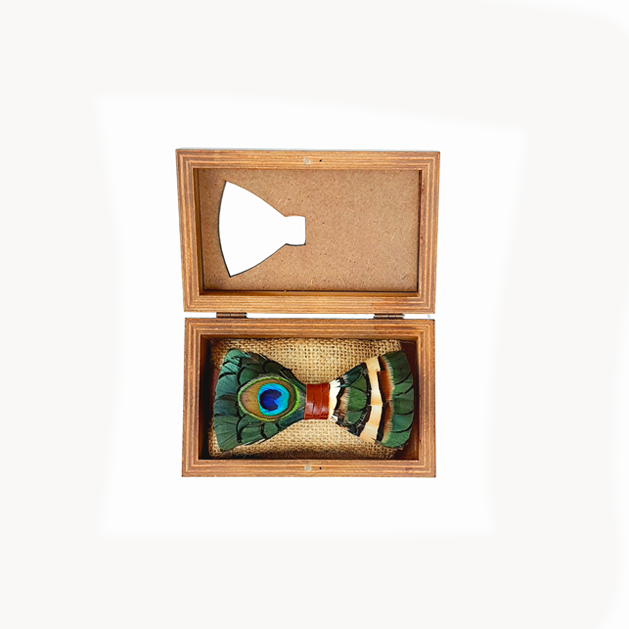Plato, the ancient Greek philosopher, was born around 428/427 BCE in Athens, Greece. A student of Socrates and teacher of Aristotle, he founded the Academy in Athens, one of the earliest institutions of higher learning in the Western world.
Plato‘s (Eflatun) early dialogues primarily feature Socrates as the main character, exploring philosophical ideas through conversations. His later works, such as “The Republic,” delve into his own philosophical theories. The allegory of the cave, presented in “The Republic,” remains one of his most renowned contributions.
In “The Symposium,” Plato examines love and beauty, while “The Apology” portrays Socrates’ defense during his trial. Plato’s “Dialogues” cover a broad range of topics, including ethics, politics, metaphysics, and epistemology.
His famous theory of Forms posits that non-material abstract forms represent the true reality, and individual objects in the physical world are mere reflections of these ideal forms.
Plato’s influence extends beyond philosophy; his works have had a profound impact on Western thought, shaping the foundations of political theory, ethics, and metaphysics. He died around 348/347 BCE, leaving a lasting legacy as one of the most significant figures in the history of philosophy.








Reviews
There are no reviews yet.